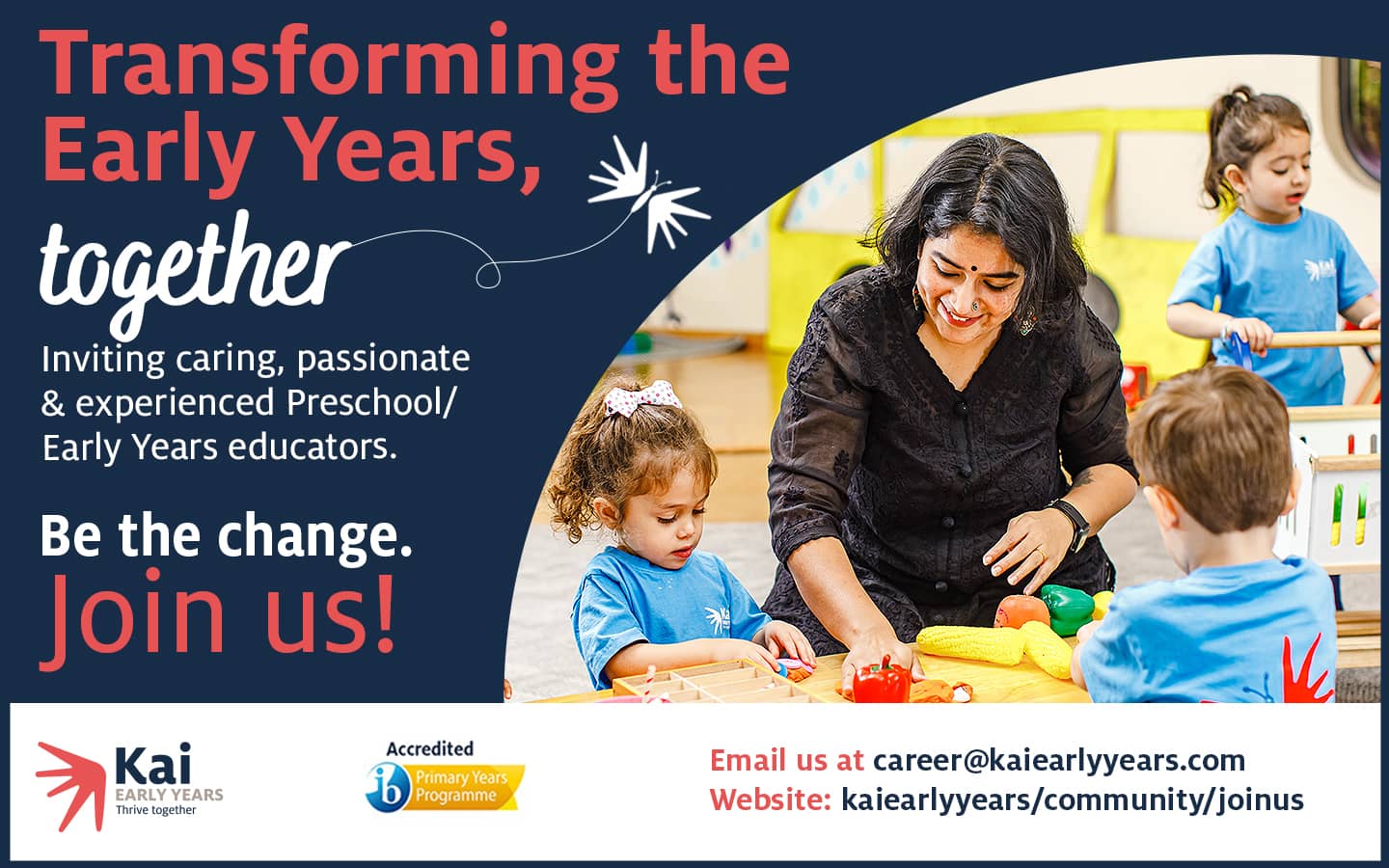Qualified Educators Make the Difference
In many developed countries, teacher qualifications for early childhood educators are regulated by government bodies, often requiring formal degrees, licensure, and ongoing professional development. This regulatory framework helps ensure that educators are well-prepared, accountable, and consistently meet high standards ultimately benefiting children’s learning and development.
In contrast, India faces unique challenges. While formal qualifications such as Diplomas in Early Childhood Education, D.El.Ed., and B.Ed. degrees are available, these credentials can be relatively easy to obtain, and the quality of training varies widely across institutions (Kaul et al., 2017; UNICEF, 2020). Critically, there is no national government licensure or standardized certification process specifically for early childhood educators. As a result, many teachers begin their careers underprepared, lacking both a strong pedagogical foundation and practical classroom experience.
A compounding challenge is that many new educators “don’t know what they don’t know.” Without exposure to best practices or clear benchmarks for quality, teachers may be unaware of critical gaps in their knowledge and skills making it even harder to deliver high-quality learning experiences and sometimes unintentionally hindering children’s development (Singh & Sarkar, 2015).
Additionally, the absence of clear regulatory pathways can lead to rapid promotions into leadership roles, sometimes before educators have developed the necessary expertise. This widens the gap in instructional quality and leadership capacity, further impacting the overall standard of early childhood education (World Bank, 2021).
At Kai CIRCLE, we address these challenges head-on. We combine high-quality, evidence-based learning with robust practicum experiences, ensuring that teachers and leaders not only gain essential knowledge and skills but also practice and internalize them in real-world, high-quality environments. This hands-on approach helps educators recognize and uphold rigorous standards, empowering them to make a lasting, positive impact on children’s lives.
References:
- Kaul, V., Bhattacharjea, S., Chaudhary, A. B., Ramanujan, P., Banerji, M., & Nanda, M. (2017). The India Early Childhood Education Impact Study. UNICEF.
- Singh, R., & Sarkar, S. (2015). Teaching Quality Counts: How Student Outcomes Relate to Quality of Teaching in Private and Public Schools in India. Young Lives Working Paper 150.
- UNICEF (2020). Situation Analysis of Early Childhood Education and Development in India.
- World Bank (2021). Quality and Relevance of Teacher Education in India: Challenges and Opportunities.

